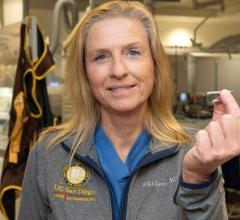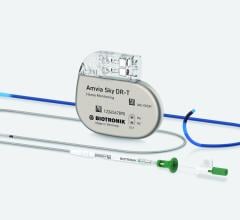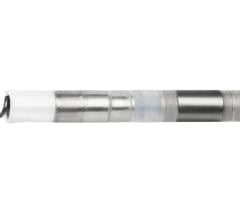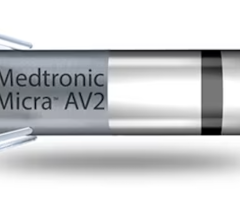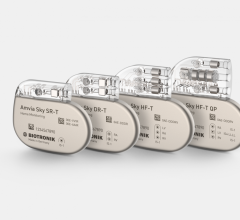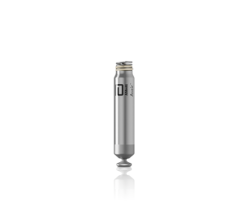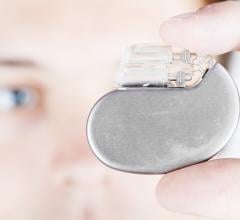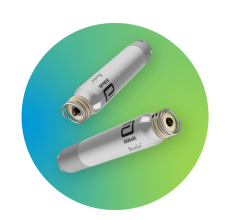September 2, 2008 - Initial safety and efficacy data, presented at the European Society of Cardiology Congress in Munich, Germany on the Medtronic Inc. investigational EnRhythm MRI SureScan Pacing System shows promise for a potential solution for patients receiving their first pacemaker and needing an MRI scan.
Results presented showed no MRI-related complications, and no arrhythmia or asystole (absence of electrical activity in the heart) during MRI scans conducted on patients as part of a worldwide clinical study. Additionally, other study endpoints showing that the heart responded appropriately to the level of electrical stimulation it received from the device were met. A small number of patients experienced implant complications consistent with rates for other pacemaker implant procedures, but none were related to the MRI technology.
The EnRhythm MRI SureScan System Clinical Trial is a prospective, randomized, controlled, unblinded, multi-center study, involving 470 individuals, eligibility is based on the clinical indication for pacemaker implantation and a willingness and ability to undergo elective MRI scanning. All patients in the trial will receive an investigational EnRhythm MRI SureScan pacing system (consisting of the dual chamber EnRhythm MRI SureScan pacemaker and CapSureFix MRI SureScan pacing leads, Model 5086MRI), and two-thirds of the participants will receive MRI scans; the first MRI scans will occur approximately two to three months after device implant. The study will compare the electrical system performance, among patients in both groups. In addition, the study will assess the MRI-related complication rates in the month following the MRI scans. The expected study duration and follow up time is approximately 30 months.
“MRI is unmatched and irreplaceable in the diagnosis of cancer and neurological disorders,” said Dr. Torsten Sommer, chief of the cardiovascular section of the radiology department, University of Bonn, Germany, and European lead radiology investigator for the clinical trial. “And for investigation of the brain and spinal cord, there is simply no suitable alternative in most cases. As the necessity for MRI grows, it is critical to introduce a solution that allows pacemaker patients safe access to MRI.”
“While the trial is ongoing, we’ve observed no lead-performance issues or unexpected MRI effects in this patient group to date,” he added.
The clinical trial will include up to 470 patients at 53 centers in Europe, the Middle East, Canada and the U.S.
Approximately 2 million Europeans have implanted pacemakers, but these patients are prohibited from receiving magnetic resonance imaging (MRI) scans, a widely practiced diagnostic method for many common diseases and conditions, because their device could interact with MRI machines, potentially affecting the device or patient safety. According to Medtronic estimates, up to 50 percent of patients worldwide with implanted cardiac devices are expected to need an MRI scan during the lifetime of their devices.
For more information: www.medtronic.com


 May 02, 2025
May 02, 2025 
